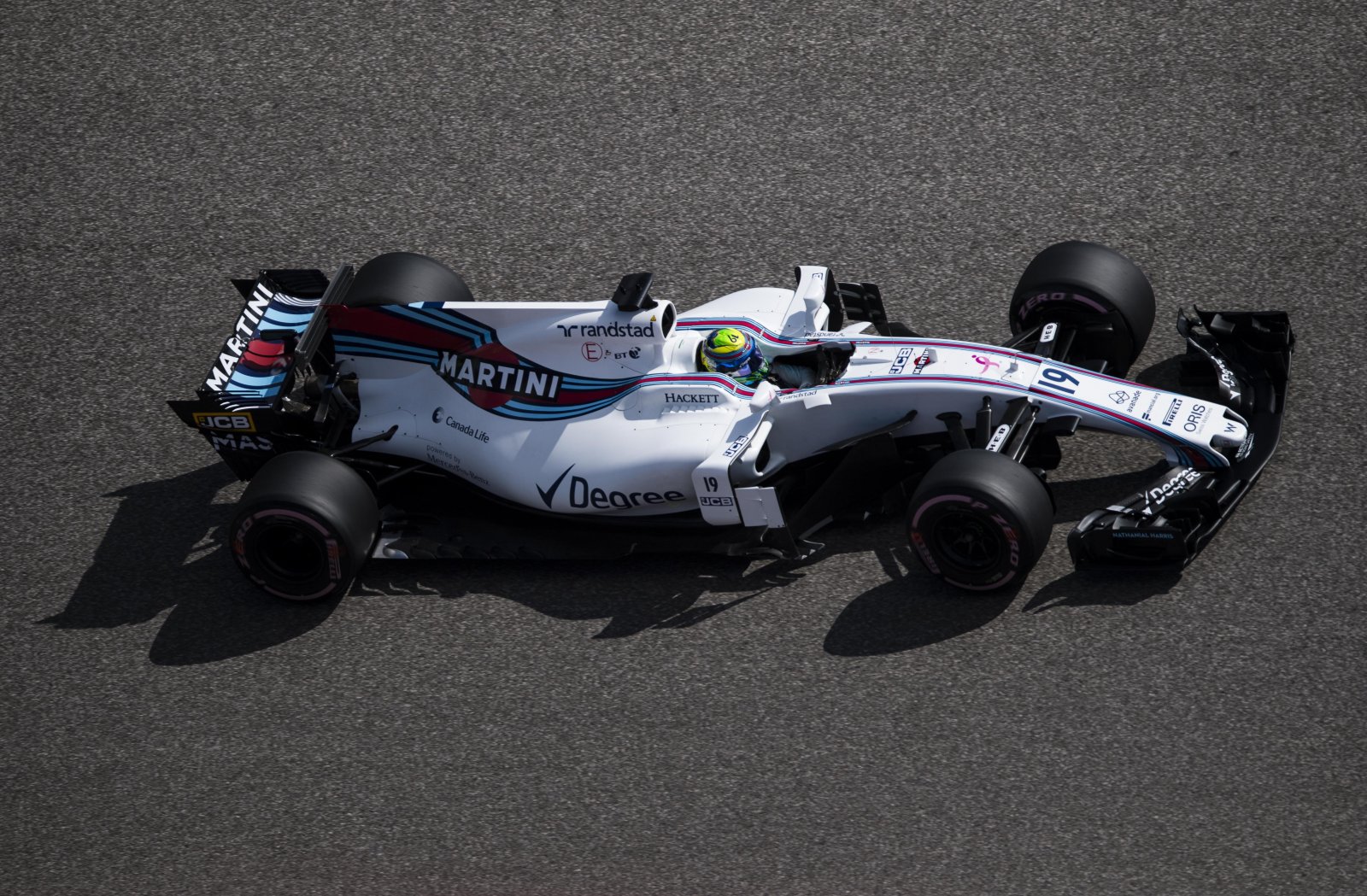Podcast: Steven English of Williams F1 on the balancing act of social media
It doesn’t matter what your brand is, but if you have one at all then we’re long since past the point where we’ve accepted that a social media is a must.
These days, it’s more than a must: it’s practically the whole thing for a lot of people.
That poses numerous problems in many areas: social and political issues, even mental health. Within the field of digital or marketing, it also creates a conflict for publishers, rightsholders and teams: how much do you give away on social media for free, as it were, and how much do you need to hide away on your own website instead?
On this week’s Digital Sport Insider podcast, Dan McLaren sat down with Steven English, Head of Creative Services at Williams F1. Over the last few months, under new owners Liberty Media, the sport has grown a lot more digitally friendly, which will help the teams online, but the old conflicts still arise between what a team wants to do on social media and what actually adds value.
“We’ve always worked closely with each platform,” says English, “but obviously when the platforms work closely with you, they’re doing it to their benefit, not to your benefit – they’re a business like everybody else.”
That’s the first conflict, and probably the most fundamental. Social media platforms will probably come to work more and more closely with their biggest content creators. But when the likes of Facebook team up with Real Madrid to create a behind the scenes docuseries, it’s not just because they want the football club to create the best possible content. There’s also a huge benefit of an account with hundreds of millions of followers creating video content that’s going to keep fans on the platform for half an hour or more every week.
And yet, for the club itself, all of this is hosted on Facebook, not their own platform or website. Despite the seemingly symbiotic relationship, though, that’s how social media content has progressed: from teams or publishers creating content just to get their brand out there, sponsors have become involved, who want to see views on videos, and the social media platforms themselves have come on board, looking for more and more people to stay on their sites as long as possible.
That’s been a conflict for a long time, though, right from the start. As English points out, “back then we had a strategic decision to make over do we need to try and bring people into our world, and do we need to engage with people on a platform we own for it to be valuable to us? Or do we value an engagement highly enough that we don’t really mind where it happens as long as it happens?”
“Let’s say we produced some great content or we create a film, we’d be putting it on the team’s website and promoting it on social media and saying ‘we’ve made this great film, we think you’re all going to want to watch it’, but you’ve got to come to our world to see it. But what you’re going there is swimming against the tide of people who are quite happy staying in their Facebook news feed and haven’t really got any interest in clicking up to seven different links along the way.”
That’s not the only conflict that teams and content creators have on social media, though. No longer is it just about where you seed your content for the maximum value to your own brand, but it’s also about a deeper understanding of the people who are seeing your content. It would be one thing to have on million followers on Twitter, but if you’re talking about half a million bots who do nothing other than boost the headline number then you’re not really getting much return for supposedly double the audience.
“Success in the early days was a big number,” says English. “That was enough. If you’ve got a big number of followers and it’s larger than the people next door you consider yourself winning at social media.”
“A more recent development along that line was that we need to be able to report back on more than a large number of followers, you need to actually achieve something, you need to inspire or motivate people to some sort of call to action or whatever it might be. And there comes a point when a large number of views on a social platform that doesn’t lead to anything else has a limited value, and so you start to build that journey back to your own world.”
That’s the balancing act. In the end, any content put on your own platforms will inevitably force the potential viewer to click away from Facebook or Twitter, or come find it themselves on your website, neither of which is usually an attractive option for most people when they’re just surfing the internet. On the other hand, keeping content on the social platform is becoming more and more attractive as engagements are being tracked with greater accuracy and potential sponsors are also seeing the value in teams and leagues with engaged followers.
“If our aim is to say that a greater number of people in every thousand are going to engage with our content, versus a greater number of [followers], then it changes how you approach each platform individually and it changes how you approach the content on social media.”
We often think of social media as a set platform to master rather than something that’s evolving and something on which you can innovate. But the platforms themselves are changing all the time, and the consumption of content on our timelines also changes as our understanding of social media does over time, too. And yet the fundamental conflicts remain. Everyone has a business interest and will doing things for their own benefit, and so social media will remain a balancing act.
About author
You might also like
Formula 1 sees significant audience growth in France, with the popularity of rising stars Pierre Gasly and Esteban Ocon fuelling interest
Nielsen Sports reveals Formula 1 in France is more popular than ever as TV viewership sees significant year-on-year growth Through the opening six races of the season France has recorded its highest average audience per Grand Prix since 2012 The Azerbaijan GP attracted 1.6
WorldSBK Secures Eurosport Coverage in New Long-Term Agreement
MOTUL FIM Superbike World Championship extends its coverage through Eurosportacross more than 50 markets in Europe Discovery’s leading multi-sport brand will provide exclusive coverage in 32 markets Dorna WSBK Organization
Red Bull launch new behind-the-scenes docuseries, MX World: The KTM Diarie
Motorcross legend Tony Cairoli’s attempt to make history by claiming a record-equaling 10th MXGP WorldChampionship title documented in new series, MX World: The KTM Diaries With the 2021 FIM Motocross










